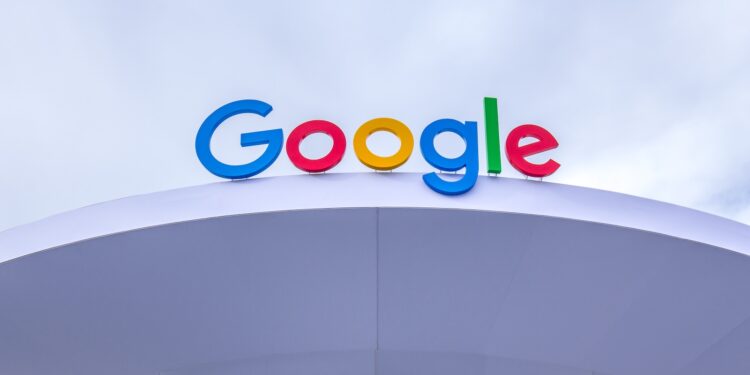If you're active online—whether as an advertiser, publisher, or simply a user—you're directly or indirectly affected by Google's business practices. Google controls large parts of the digital advertising market. This is precisely what the U.S. Department of Justice is now targeting. It's about market power, fair competition, and the question of how much a single company can dominate the online advertising market.
Google has been found guilty in an antitrust case by the U.S. Department of Justice (DOJ) of operating an illegal monopoly in the digital advertising sector. According to the court, Google is exploiting its position to disadvantage competitors and favor its own products. The result: less choice and higher costs for advertisers, publishers, and ultimately, end users. The DOJ is now proposing concrete measures to reorganize the market and restore competition.
AdX and DFP: Two central pillars of Google's advertising power
A key point of the demand is the breakup of Google's advertising business. Specifically, it concerns two platforms:
- AdX (Ad Exchange): This is Google's own marketplace where ad space is auctioned in real time. Advertisers can bid on publishers' inventory.
- DFP (DoubleClick for Publishers, now Google Ad Manager): This is a platform for publishers to manage, plan and sell their advertising directory.
The DOJ proposes that Google divest AdX completely and immediately. DFP should be sold in a second step. The goal is to break the technical and economic interdependence of these two systems. Currently, Google controls both the supply and demand sides of the advertising market—and this creates dependencies.
Equal treatment for all – no more advantages for Google itself
Another point in the DOJ's proposal concerns fair access to Google advertising tools. Google should be forced to open its advertising system (especially Google Ads, formerly AdWords) to all third-party advertisers on a non-discriminatory basis. There should no longer be preferential treatment for Google's own platforms such as AdX or certain publishers that work with Google. Specifically, this means:
- Google should no longer be allowed to preferentially forward ad requests (buy-side demand) to its own systems.
- Third-party providers must be treated equally to Google's own solutions when it comes to bidding, matching and ad delivery.
Restrictions on the use of data
A particularly sensitive area is the use of data. Google collects vast amounts of information from various services—for example, Google Search, Gmail, and YouTube. The company uses this data to calculate the value of advertising space and optimize offers. The DOJ wants to put a stop to this. The demands include:
- Google should no longer be allowed to use data from its own services to evaluate or influence ad inventory on third-party platforms.
- The company must disclose relevant ad server data so that other market participants have comparable insights and can better control their offers.
Google Search is also affected
The measures aren't limited to advertising technology. Google's search business—another area in which the company has a dominant market position—is also under scrutiny. According to the DOJ, additional steps may be necessary to weaken this monopoly. The following options are being considered:
- Google could be forced to sell the Chrome browser.
- There could also be new regulations on data usage and sharing that directly impact the strength of Google search.
Court examines measures – Google faces historic changes
The court is reviewing the measures proposed by the DOJ. No decision has been made yet, but the direction is clear: Google should abandon parts of its advertising infrastructure and make the market fairer. If implemented, this could have massive repercussions for the digital advertising market. What this means for you: If you work with Google Ads, programmatic advertising, or publisher platforms, you may have to prepare for fundamental changes. Users could also benefit in the long run – through more choice, better prices, and less dependence on a single provider. The proceedings are ongoing. Google is defending itself against the allegations. But the ruling and the proposed steps already mark a turning point. It is one of the most significant interventions in the power of a tech giant in decades. The best products for you: Our Amazon Storefront offers a wide selection of accessories, including HomeKit. (Image: Shutterstock / RYO Alexandre)
- YouTube tests new premium subscription for two people
- PayPal launches contactless iPhone payments in Germany
- Apple finances share buyback with fresh bond money





